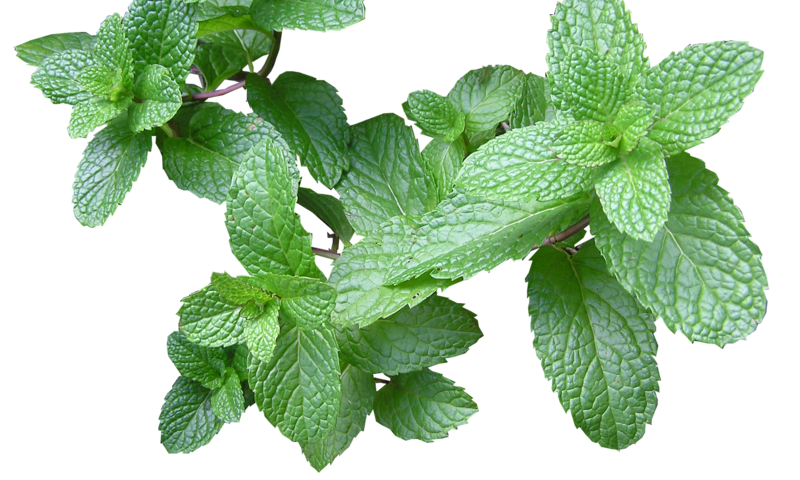Biopharma ATAI Life Sciences is unveiling yet another subsidiary to tackle mental health, this time with an agonist from a psychoactive plant in the mint family with hallucinogenic effects.
The German group revealed Revixia Life Sciences on Thursday to tackle treatment-resistant depression, substance use disorder and pain using Salvinorin A. The drug comes from Salvia divinorum, which goes by the street names Maria Pastora, Sally-D and salvia, and is considered “a drug of concern” by the U.S. government.
Traditionally used by the Mazatec people in Oaxaca, Mexico, for diarrhea, headaches and rheumatism, SaIA is a non-nitrogenous agonist of the kappa-opioid receptor. The agonist’s mechanism of action does not interact with the same molecular target as psilocybin and DMT does but is hypothesized to indirectly influence the cannabinoid system, ATAI said.
SaIA has a short psychedelic effect, which could make it an “attractive option” for patients, said Revixia CEO Glenn Short in a statement.
“The shorter experience will allow for more practical administration and monitoring, which may even make it possible to attend psychotherapy sessions on the same day,” Short said.
ATAI Chief Scientific Officer Srinivas Rao, M.D., Ph.D., admitted the agonist is understudied. The life sciences outfit does have the resources to fund development, though, after raising $225 million in its Nasdaq debut in June.
That money will likely go toward helping Revixia get into the clinic. Trials are slated to begin in the second half of next year, the company said.
ATAI is already testing derivatives of “party drug” MDMA in treating post-traumatic stress disorder through subsidiary EmpathBio,which launched last August. The active ingredient in psychoactive brew ayahuasca, used traditionally in South America, is also being tested for treating depression through subsidiary Viridia Life Sciences.
Revixia will be paired with ATAI portfolio company IntroSpect Digital Therapeutics, which was unveiled last June as a digital tool set and devicemaker to “magnify” the impact ATAI’s investigational drugs have on patients.
The psychedelics space has received increased attention since Johnson & Johnson won approval for its esketamine drug Spravato, an altered version of the anesthetic ketamine, in March 2019.
Chicago-based venture group Palo Santo emerged last month with $35 million in capital to support psychedelic-focused startups, ranging from biopharma to digital therapeutics to healthcare services to tech companies. ATAI is one of the companies under Palo Santo’s umbrella.

